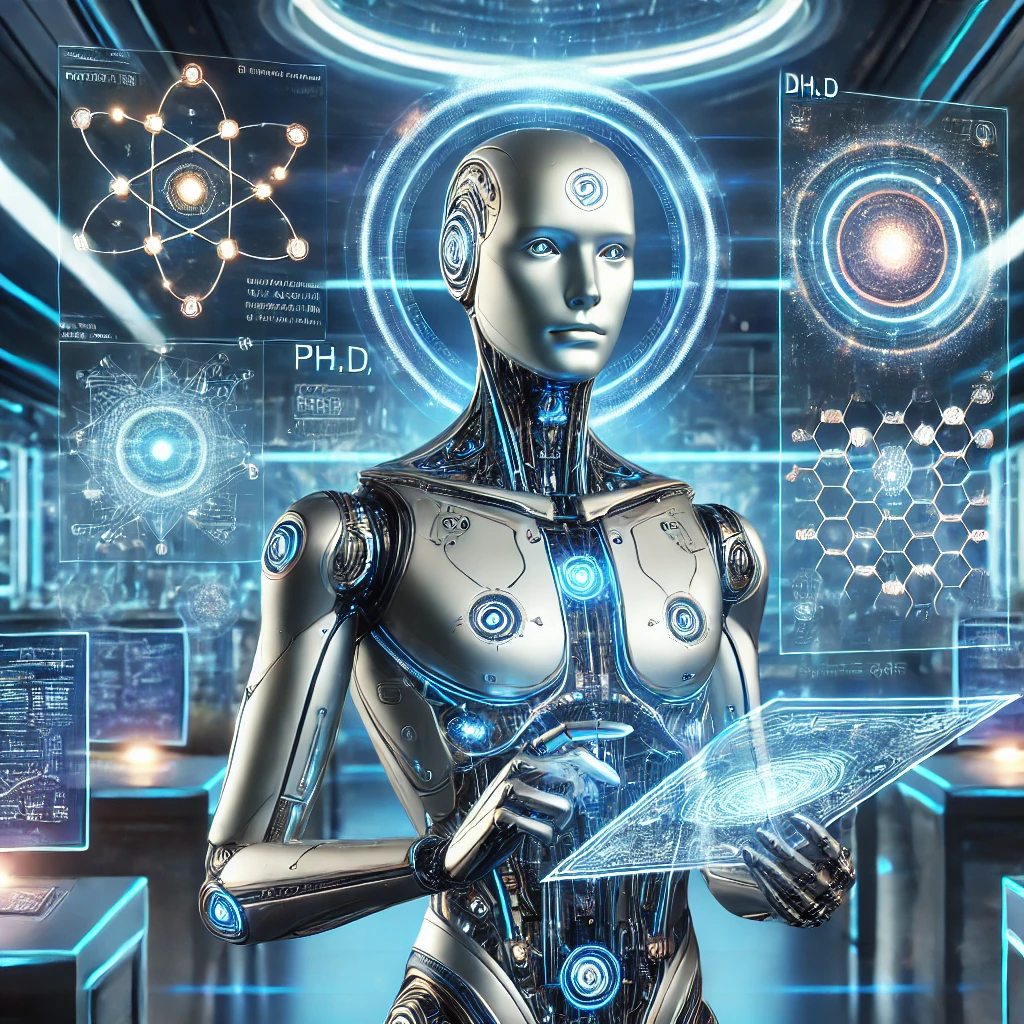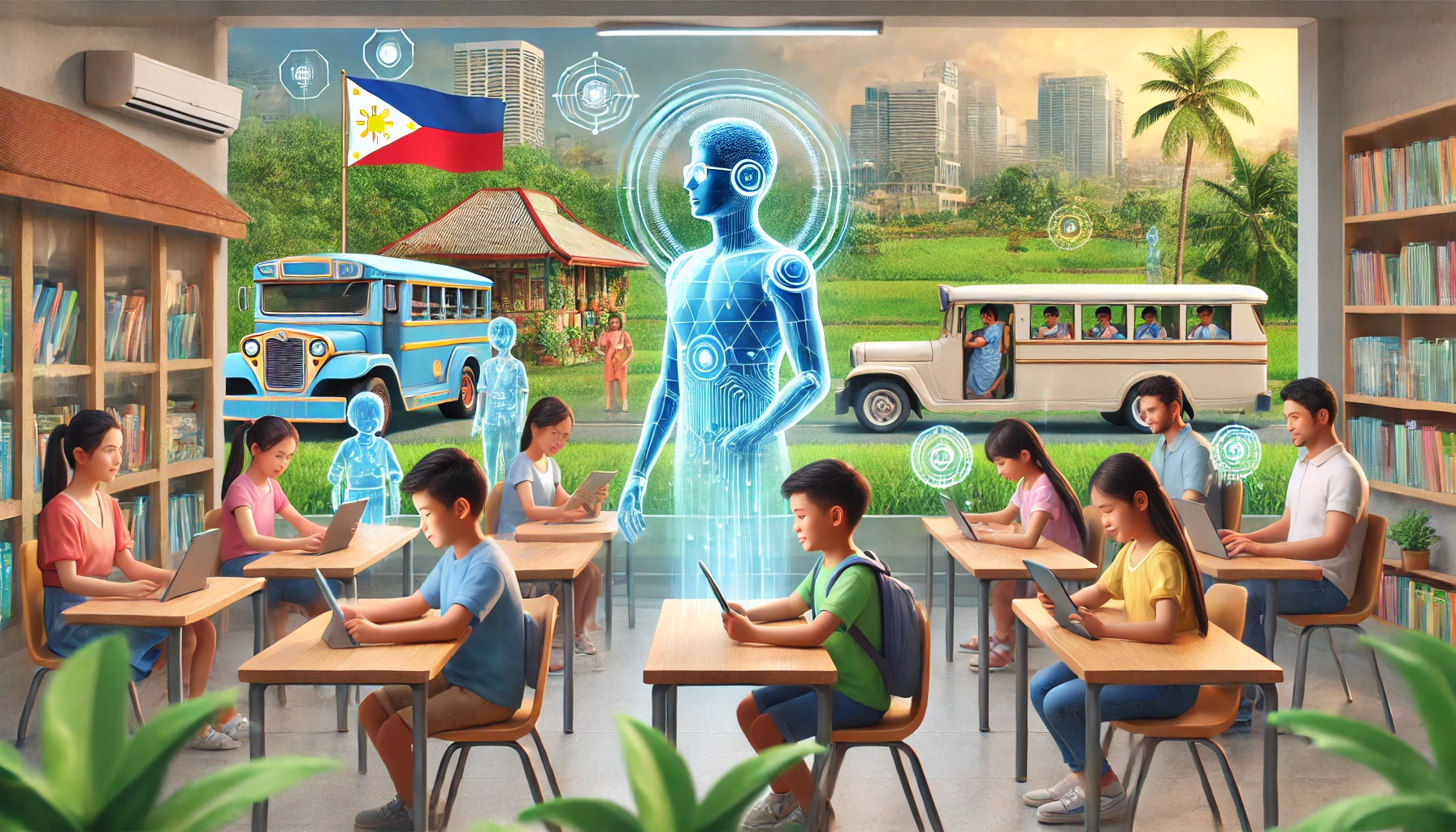In the ever-evolving world of artificial intelligence, one groundbreaking innovation stands tall: the Ph.D.-level super-agent. Imagine an AI so advanced that it encapsulates the depth of human expertise, capable of tackling specialized fields with precision and adaptability that rivals the brightest human minds.
What is a Ph.D.-Level Super-Agent?
A Ph.D.-level super-agent is an AI designed to emulate the cognitive abilities of a top-tier domain expert. Equipped with vast knowledge, reasoning skills, and advanced problem-solving capabilities, this AI can perform tasks traditionally requiring years of specialized education and experience.
Whether it’s designing complex algorithms, solving intricate mathematical problems, or developing new scientific theories, these super-agents push the boundaries of what artificial intelligence can achieve.
Why Do We Need Them?
The world is facing challenges of unprecedented complexity: climate change, global health crises, resource scarcity, and more. These issues demand multidisciplinary approaches and rapid innovation. Ph.D.-level super-agents bring the following advantages:
- Scalability of Expertise: Unlike human experts, these agents can operate 24/7, scaling their contributions across industries without fatigue.
- Cost-Effectiveness: By automating high-level cognitive tasks, organizations can reduce the time and resources required to achieve breakthroughs.
- Accessibility: These super-agents democratize expertise, making it accessible to startups, researchers, and individuals without traditional barriers like cost or geographical limitations.
Applications of Ph.D.-Level Super-Agents
- Healthcare: Revolutionizing diagnostics, drug discovery, and personalized treatment plans.
- Scientific Research: Accelerating the pace of innovation in physics, chemistry, biology, and beyond.
- Legal and Policy Analysis: Drafting airtight contracts, policies, and legislation with unparalleled precision.
- Education: Providing personalized, adaptive learning tailored to individual needs.
- Engineering and Design: Creating optimized, innovative solutions for construction, technology, and infrastructure challenges.
Ethical Considerations
With great power comes great responsibility. The deployment of such advanced AI raises important questions about ethics, accountability, and bias. Who owns the knowledge these agents generate? How do we prevent misuse or ensure equitable access? These are vital discussions that must accompany technological progress.
A Glimpse into the Future
The Ph.D.-level super-agent is not a replacement for human ingenuity but an extension of it. By collaborating with these AI systems, we can unlock new frontiers of knowledge, address global challenges, and create a future where innovation knows no bounds.
What are your thoughts on the rise of super-intelligent agents? Are they the allies we need to shape a better world, or do they raise concerns about the future of humanity? Share your opinions below!
[SEO optimized]


